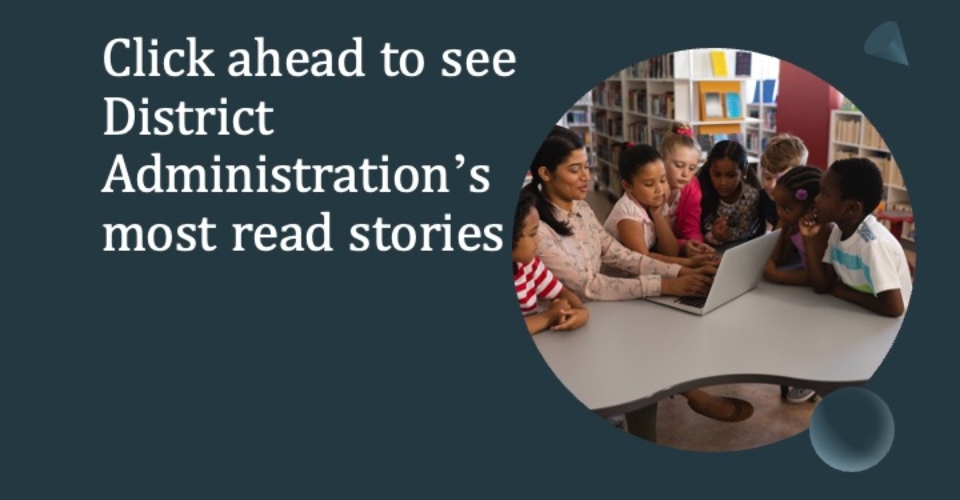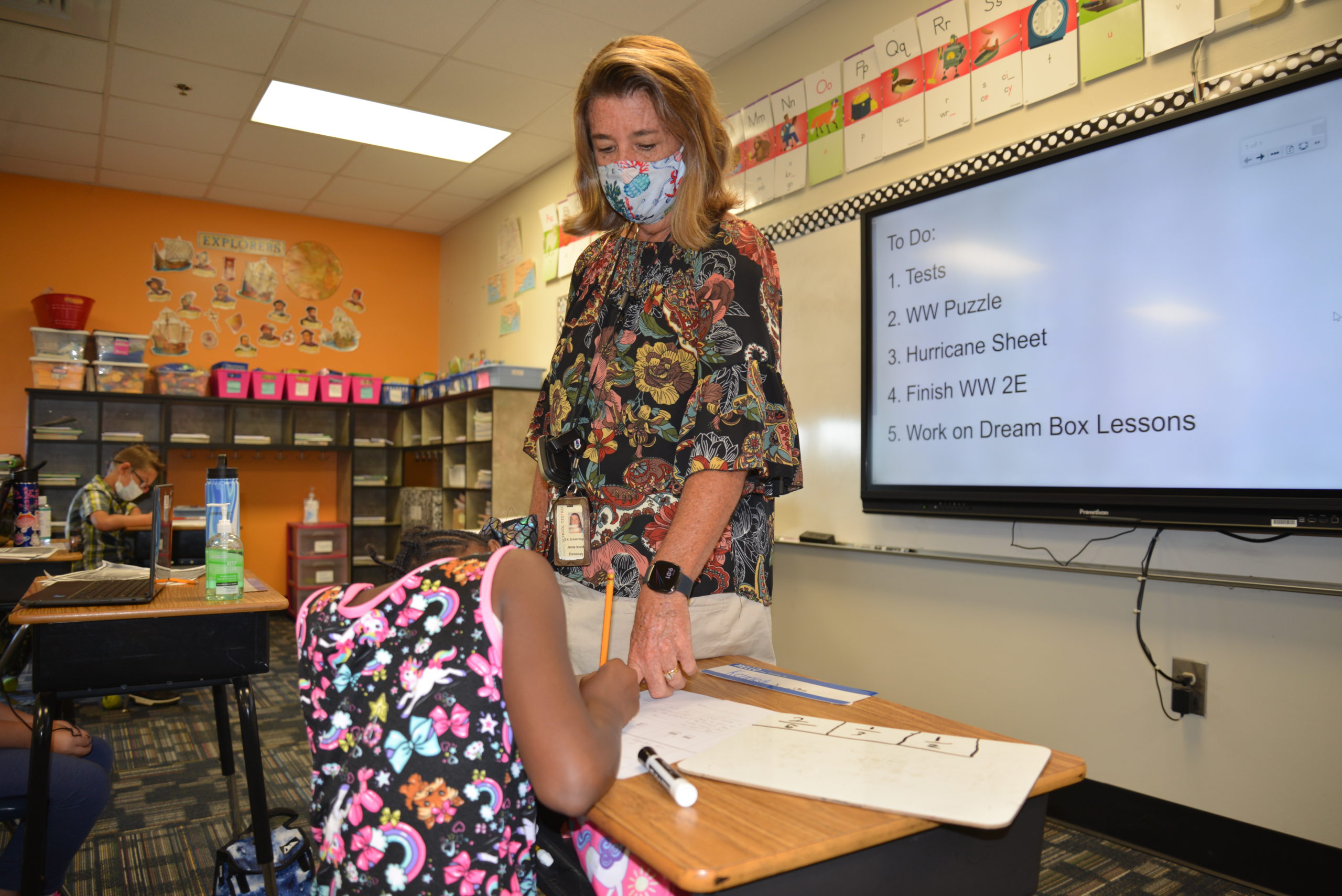There are several actions educators can take before this school year ends to get students off to a quick start on the first day of school next year. Superintendents, principals and other administrators can guide teachers through several strategies of collaboration to better understand the students who will be in their classrooms in the fall, learning expert John Hattie said in a recent webinar.
Firstly, teachers should not wait until the first day of school to begin getting to know their students. The summer slide can be greatly reduced by teachers who develop an understanding of their incoming students’ strengths and weaknesses before summer vacation, Hattie said in a seminar for Curriculum Associates.
The best way to do this is to talk to their previous teachers. “The summer effect is a teacher effect,” Hattie explains. “If you want an accelerated start to the new year, get to know those students, what their performance was like in the past year … so you don’t waste the first two to three weeks of the year getting to know your students—and wasting their time whilst you work out what you could’ve done.”
More from DA: This low-profile staff position can save districts millions each year
This information will inform a key mindset needed to get off to a strong start. “When you walk into the classroom next year, I want you to say my job is to evaluate my impact,” he continued. “Your job is not merely to get through the curriculum,” he pointed out. “It’s every day, you’re constantly nosy: How I am doing? What am I having an effect on? What am I not having an effect on? Who am I having an effect on? Who am I not, and how big is that effect?”
Here are some of the steps Hattie says are crucial to student success on both the first day of school and throughout the first semester:
- Work together to evaluate impact: Administrators can provide teachers with time to meet with students’ previous teachers to share assessments of each learner. Important information includes how students respond to mistakes and how they demonstrated growth.
- Work backward: Educators can start now setting goals for the progress they want students to have made by the end of the first 12 weeks of the school year.
- Have high expectations: These first-semester goals should be driven by high expectations. Teachers who have ambitious—but not overly ambitious—expectations have a “dramatically higher” impact on student achievement, Hattie attests.
- Share expectations with students: When the skills embedded in the expectations are transparent, students feel like they are part of the equation and part of the acceleration.
- Use the ‘Goldilocks’ principle: Success criteria should be “not too hard, not too easy and not too boring.” The concept of productive struggle should be a guiding light.
- Maximize the effect of feedback: The most impactful feedback focuses on “where to next?” Students want to know how and where they can improve. “Teachers give an incredible amount of feedback but it’s variable and one-third of it is negative,” Hattie asserts.
- Understand students’ mindsets: Before the first day of school, teachers should have a grasp of their incoming students’ sense of confidence and enjoyment and their concepts of success. Key questions educators should ask are: “Do you invite students to think aloud? How many times do teachers think aloud?”
- Attend to the climate and cult of classrooms: Students want to know classrooms are fair and safe, and that it is OK to make errors. They also want assurance the teachers are going to help them make progress.
- Development assessment-capable students: Students need guidance in understanding assessment results, where they stand academically and setting goals for themselves. Then, they can select tools to guide their own learning. “I want students to be their own teachers,” Hattie concluded.









